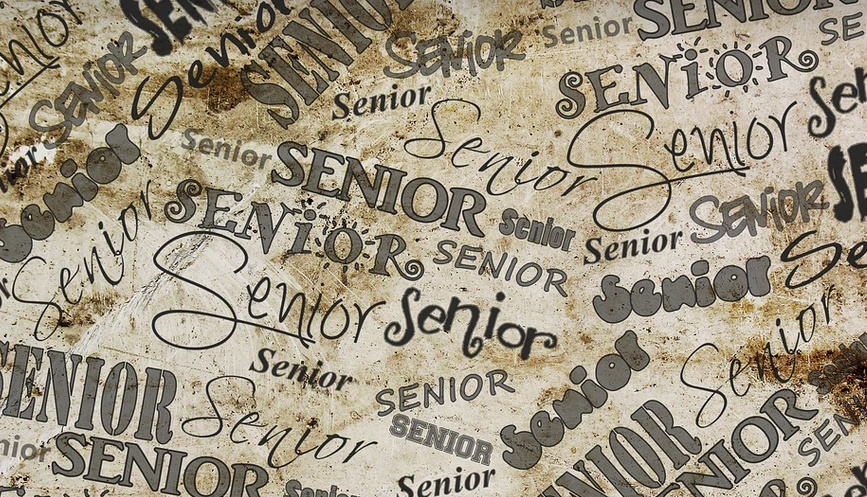
What is De-escalation Training?
De-escalation training, also known as conflict resolution training or de-escalation techniques, is a crucial set of skills designed for anyone who interacts with others. It equips individuals to navigate potentially volatile situations and prevent conflicts from escalating into larger problems. In simpler terms, it’s about learning how to handle tension, disagreements, and challenging circumstances in a calm and constructive way.
De-escalation training goes beyond just “talking things out.” It involves understanding the psychological underpinnings of conflict, identifying warning signs that a situation might be heading towards an escalation, and developing strategies for managing emotions and behavior to prevent things from spiraling out of control.
Why is De-Escalation Training Important?
In today’s fast-paced world, we constantly encounter situations where our reactions can impact others. Whether you work in customer service, law enforcement, healthcare, or just manage your daily interactions with friends and family, de-escalation skills are invaluable. By mastering these techniques, you can:
- Navigate stressful encounters: From minor arguments to major conflicts, de-escalation training prepares you for any situation that could turn tense.
- Maintain professionalism and composure: You’ll learn to respond calmly under pressure, which can help preserve your relationships and keep the peace.
- Avoid unnecessary conflict: De-escalation techniques help us predict and manage potential triggers before they escalate into something bigger.
- Build stronger communication skills: This training focuses on active listening, expressing yourself clearly, and working towards a resolution that satisfies all parties involved.
Benefits of De-Escalation Training
De-escalation training delivers tangible benefits for both individuals and organizations. For those who participate in the program, the advantages can be:
Personal growth:
Learning de-escalation techniques helps you develop essential interpersonal skills that improve your relationships with others and increase your emotional intelligence. You’ll learn to manage stress more effectively and become a more confident communicator.
Improved workplace productivity:
Conflict at work can be detrimental to morale, creativity, and overall efficiency. De-escalation training equips employees with the skills to address conflicts proactively, leading to a positive and productive work environment. This leads to increased employee satisfaction and better teamwork.
Finding Free De-Escalation Training
While specialized de-escalation programs are offered by organizations, there are increasingly more resources available for free or low-cost training. You can explore these options:
- Online courses and workshops:
- Local community centers and colleges:
Numerous platforms offer self-paced online courses on de-escalation techniques that provide essential skills to handle challenging situations.
Community centers and local colleges often host workshops and free seminars on communication, conflict management, or interpersonal skills. This provides a more localized way to acquire the knowledge needed in everyday life.
Free De-Escalation Resources
Here are some free resources that offer valuable information and training materials:
**The National Conflict Resolution Center:** Offers extensive resources on conflict resolution, communication skills, and de-escalation techniques.
**Assertive Communication Training Online:** Provides free online resources and interactive modules centered around assertive communication and de-escalation strategies.
Practice Makes Perfect
Remember that learning de-escalation isn’t just about receiving information; it’s about putting it into practice. The more you apply these techniques in real-life situations, the better you become at handling conflict and maintaining a peaceful environment. Start by practicing with friends or family members, experiment within your workplace boundaries to see what works best for you.
If you are facing personal or professional difficulties that require de-escalation training, it’s important to seek guidance from qualified professionals like counselors, therapists, or mediators. These experts can provide personalized support and strategies to address your specific challenges and equip you with the necessary skills to navigate difficult situations.
De-escalation training is a valuable investment in yourself and those around you. It equips us to navigate challenging moments with grace and composure, making our interactions with others more fulfilling and harmonious.





